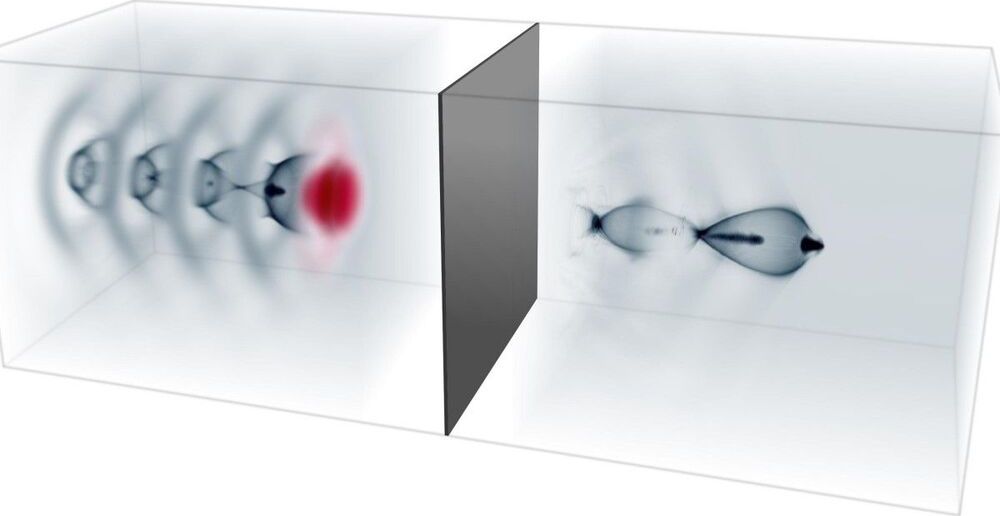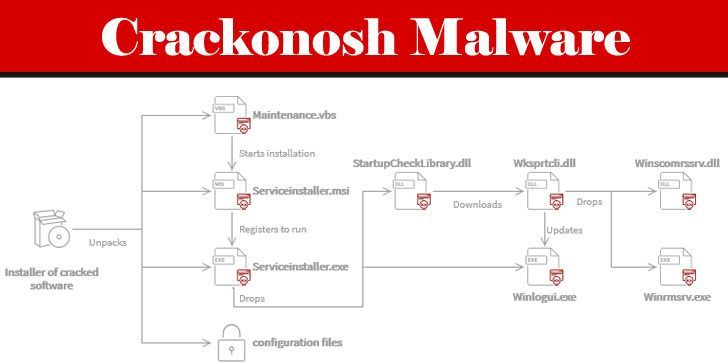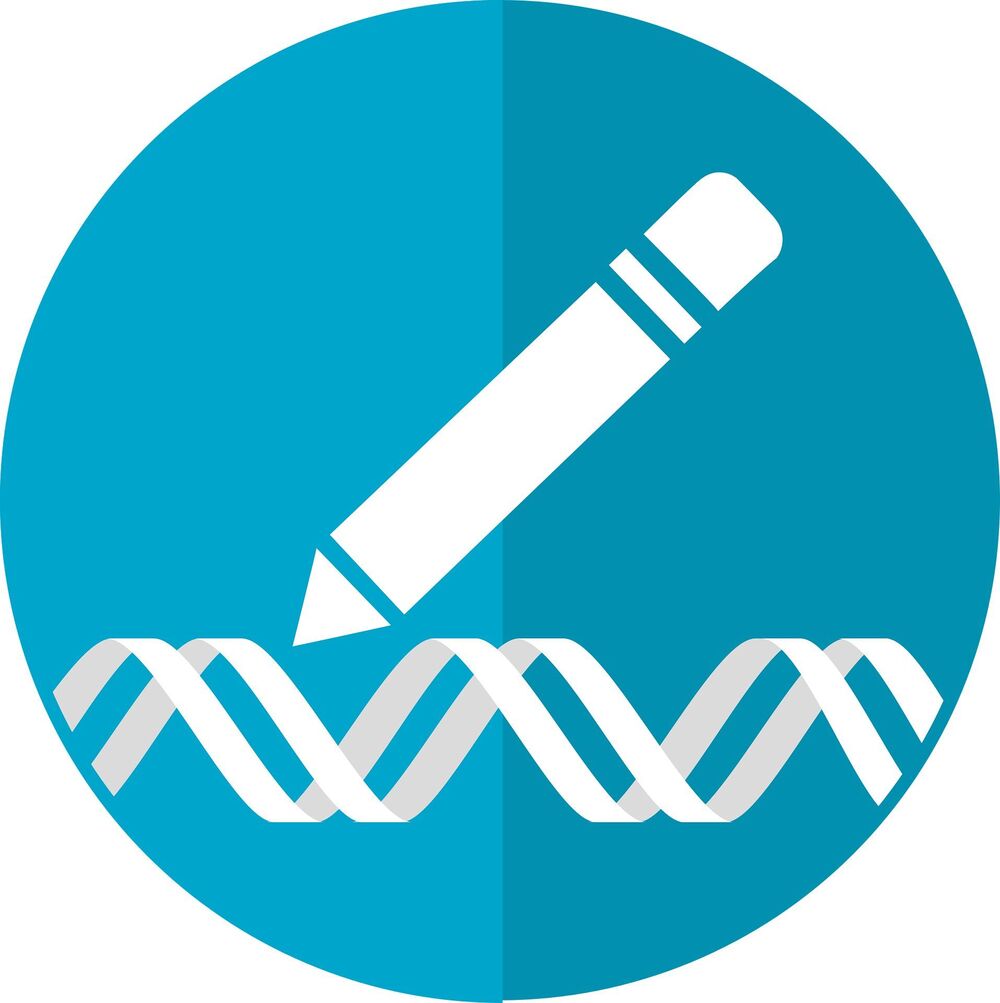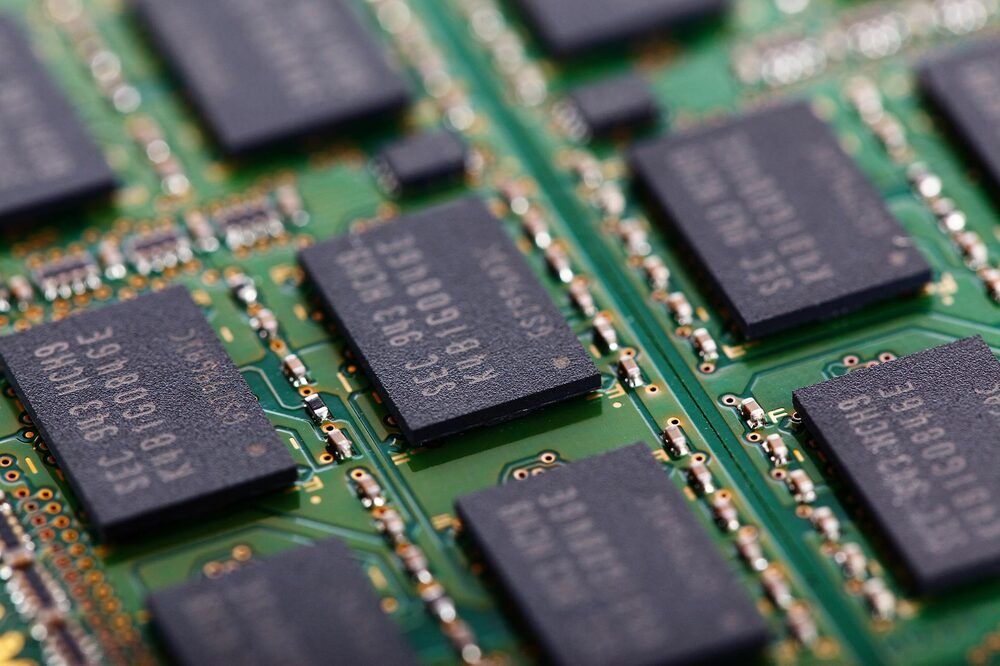Jun 25, 2021
‘Oddball’ Malware Blocks Access to Pirated Software
Posted by Genevieve Klien in categories: cybercrime/malcode, finance
Rather than steal credentials or hold data for ransom, a recent campaign observed by Sophos prevents people from visiting sites that offer illegal downloads.
The objective of most malware is some kind of gain — financial or otherwise — for the attackers who use it. However, researchers recently observed a unique malware with a single intent: Blocking the infected computers from visiting websites dedicated to software piracy.
The malware (which SophosLabs principal researcher Andrew Brandt called “one of the strangest cases I’ve seen in a while”) works by modifying the HOSTS file on the infected system, in a “a crude but effective method to prevent a computer from being able to reach a web address,” he wrote in a report published Thursday.


















